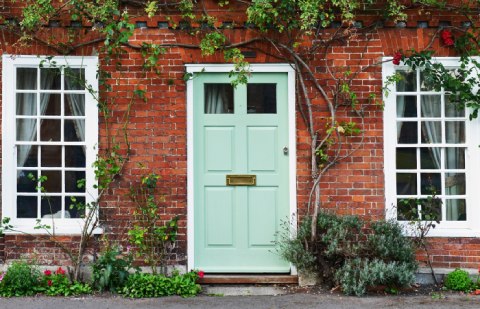Connor Campbell is an experienced personal and business finance writer who has been producing online content for almost a decade.
Connor is the personal finance expert for Independent Advisor, guiding readers through everything they need to know about car insurance and home insurance. From how much it costs to the best insurance providers in the UK, he’s here to help you find the right policy for your needs.
In his capacity as writer and spokesperson at NerdWallet, Connor explored a number of topics close to his heart, such as the impact of our increasingly cashless society, and the hardships and heroics of British entrepreneurs. His commentary was featured in sites such as The Mirror, the Daily Express and Business Insider.
At financial trading firm Spreadex, meanwhile, his market commentary was featured in outlets such as The Guardian, BBC, Reuters and the Evening Standard.
Connor is a voracious reader with an MA in English, and is dedicated to making life’s financial decisions a little bit easier by doing away with jargon and needless complexity.











































